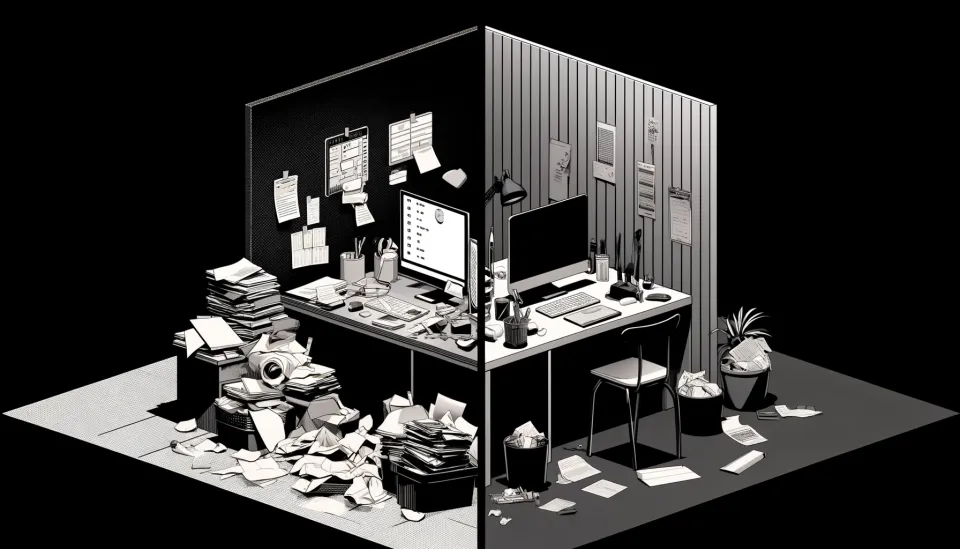How We Make Everything Harder (And How to Stop)

We Make Everything Harder
It’s astonishing how often we make life more complicated than it needs to be—myself included.
But this isn’t necessarily a bad thing; it’s simply human nature. Struggling through challenges teaches us valuable lessons.
Yet, once we recognize this tendency, we gain the opportunity to simplify and approach tasks with more ease.
Before we explore how to achieve this, let’s examine how we complicate our lives.
How We Make Things Harder for Ourselves
We tend to overthink and stress unnecessarily.
We create extra steps, procrastinate, and worry about things beyond our control—like other people’s opinions. These behaviors are protective mechanisms, aiming to keep us safe, but often they’re unnecessary.
Here are some common examples:
• Email Overwhelm: You receive an email that requires several steps to reply. Instead of addressing it immediately, you delay because you feel overwhelmed. This email, along with others, accumulates, creating an unconquerable mountain of tasks.
• Travel Planning: You need to plan a trip, but worry about all the potential issues and people’s opinions. Instead of booking a flight and packing, you procrastinate and stress for weeks.
• To-Do List Chaos: Your to-do list is endless. Instead of focusing on one task at a time, you jump between tasks, feel overwhelmed, and distract yourself, which only adds to the stress.
• Social Gatherings: Planning a social event becomes an ordeal of overpreparation. Rather than simply arranging some food and tidying up, you spend days worrying and preparing excessively.
In each case, there is a simpler, more direct approach. But we complicate things with layers of worry, overwhelm, distraction, avoidance, stress, and overthinking.
Simplifying Our Approach
Imagine approaching tasks with simplicity and ease. Here are some guiding questions to help you:
- How am I making this harder?
- How could I do this as simply and easily as possible?
- How would I do this if I trusted myself?
Consider these practical examples:
• Creating Something: If you trusted yourself and didn’t worry about judgment, how would you create and share your work? For me, it’s more relaxing to create and release my work without overthinking.
• Managing Emails: If you can’t address an email immediately, schedule a specific time to handle emails that require more attention.
• Handling Overwhelm: Instead of fixating on your entire to-do list, focus on completing the next task.
• Post-Conversation Worry: If you’re anxious about something you said, shift your focus to the present moment.
• Preparation: For upcoming events, trust yourself and simplify your preparations.
• Releasing Guilt: Replace guilt with compassion for yourself.
• Managing Expectations: Let go of excessive expectations and fully engage in what you’re doing.
• Avoiding Procrastination: Instead of avoiding tasks, take the smallest next step and trust yourself.
• Overthinking: If you’re stuck in worry and indecision, immerse yourself in the task at hand.
Embracing Simplicity and Ease
What if you approached everything with a sense of play, ease, adventure, curiosity, joy, and love? This mindset shift is a lifelong practice, but it’s incredibly rewarding.
Reflection Prompts:
- Identify one area of your life where you tend to overcomplicate things. How can you simplify it?
- Next time you feel overwhelmed, pause and ask yourself, “How am I making this harder?” Then take the simplest next step.
- Practice self-compassion by releasing guilt and replacing it with kindness toward yourself.